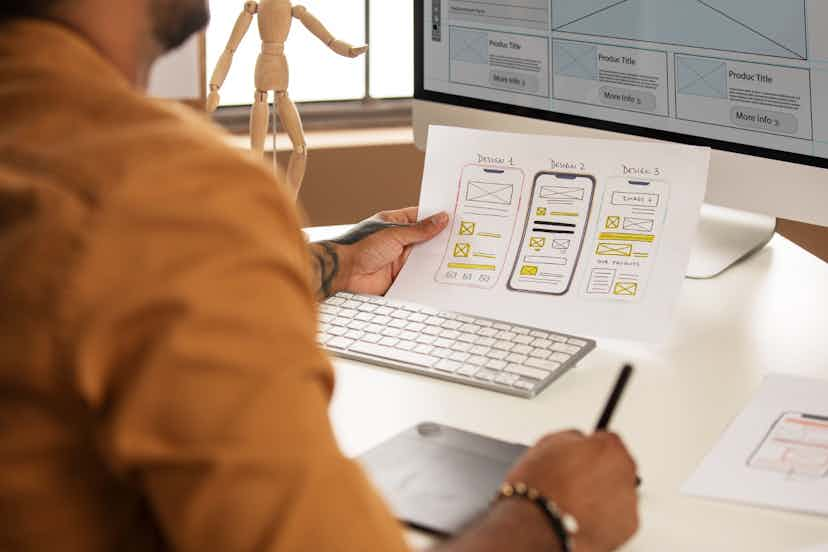Introduction to WordPress Security
WordPress is a widely-used content management system, but its popularity also makes it a target for various online threats. Ensuring the security of your WordPress website is crucial to protect sensitive data and maintain a trustworthy online presence.
1. Keep Software Up to Date
One of the most effective ways to enhance your WordPress security is by keeping all software, including the core WordPress installation, themes, and plugins, up to date. Regular updates often include security patches that address vulnerabilities.
Ensure that you regularly check for updates in your WordPress dashboard and promptly apply them. Consider enabling automatic updates for plugins and themes whenever possible.
2. Use Strong Passwords
The strength of your passwords plays a significant role in preventing unauthorized access. Create strong and unique passwords for your WordPress admin, database, and hosting accounts. Avoid using easily guessable passwords and consider using a combination of uppercase and lowercase letters, numbers, and special characters.
Additionally, change your passwords regularly and use two-factor authentication for an extra layer of security.
3. Implement SSL
Secure Socket Layer (SSL) encryption is essential for protecting data transmitted between your website and its visitors. SSL ensures that sensitive information, such as login credentials and payment details, remains encrypted and secure.
Install an SSL certificate on your website to enable HTTPS. Many hosting providers offer free SSL certificates, making it a cost-effective solution for enhancing security.
4. Security Plugins
WordPress provides a variety of security plugins that can add an extra layer of protection to your website. Some popular options include Wordfence, Sucuri Security, and iThemes Security. These plugins offer features like firewall protection, malware scanning, and login attempt monitoring.
Carefully choose and configure security plugins based on your website's specific needs and requirements.
5. Regular Backups
In the event of a security breach or data loss, having regular backups of your WordPress website is invaluable. Set up automated backup solutions to store copies of your website's files and database securely.
Choose reliable backup plugins and schedule regular backups to ensure that you can quickly restore your website to a previous state if needed.
Conclusion
Securing your WordPress website is an ongoing process that requires attention to detail and a proactive approach. By following these tips, you can significantly reduce the risk of security threats and ensure a safer online environment for both you and your website visitors.
Implement these security measures today to fortify your WordPress website and enjoy a worry-free online experience.





